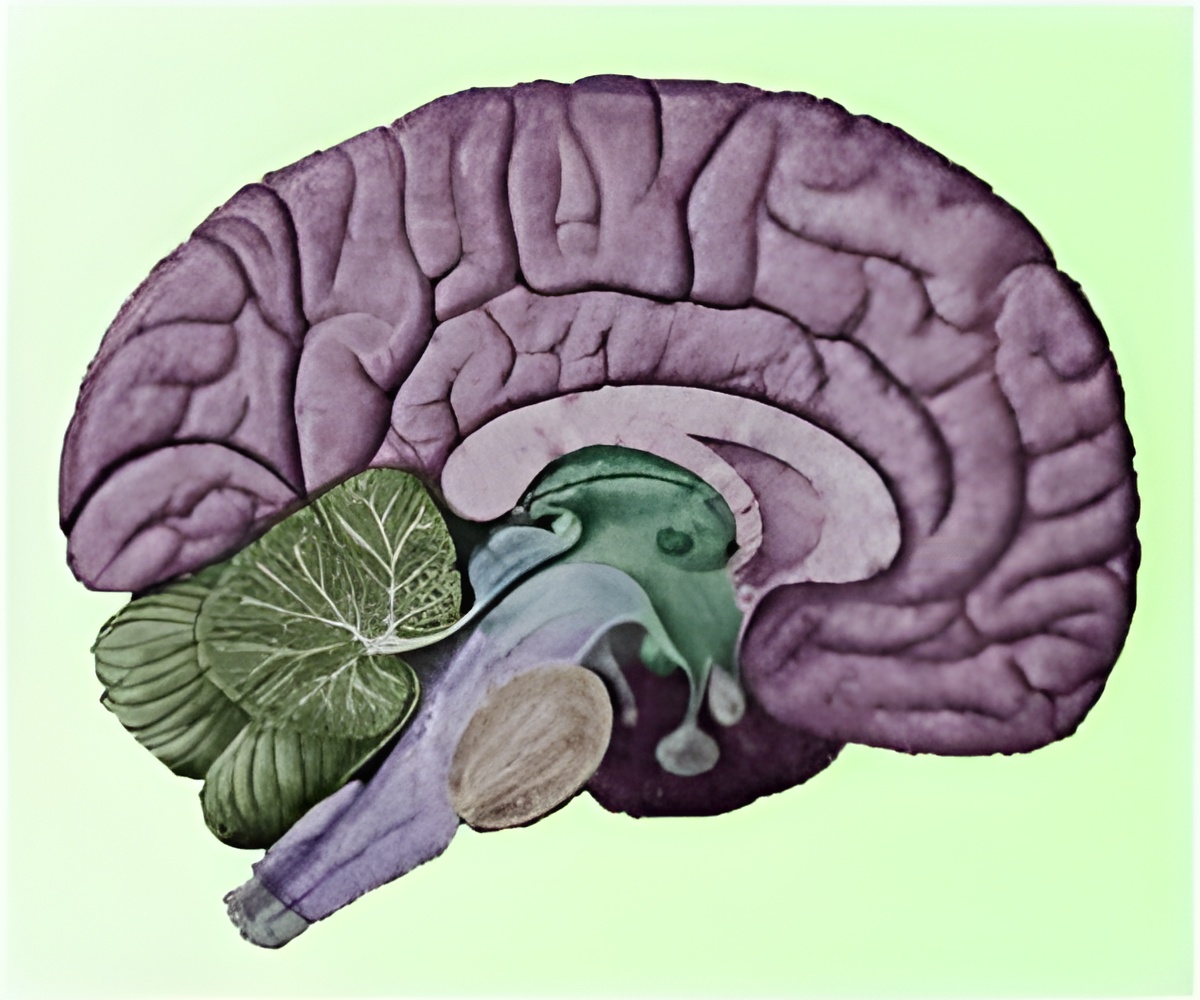For the first time, researchers have demonstrated that it is possible to train brain patterns associated with empathic feelings such as tenderness.

In Ridley Scott's film "Blade Runner", based on the science fiction book 'Do androids dream of electric sheep?' by Philip K. Dick, empathy-detection devices are employed to measure tenderness or affection emotions felt toward others (called "affiliative" emotions). Despite recent advances in neurobiology and neurotechnology, it is unknown whether brain signatures of affiliative emotions can be decoded and voluntarily modulated.
The article entitled "Voluntary enhancement of neural signatures of affiliative emotion using fMRI neurofeedback" published in PLOS ONE is the first study to demonstrate through a neurotechnology tool, real-time neurofeedback using functional Magnetic Resonance Imaging (fMRI), the possibility to help the induction of empathic brain states.
The authors conducted this research at the D'Or Institute for Research and Education where a sophisticated computational tool was designed and used to allow the participants to modulate their own brain activity related to affiliative emotions and enhance this activity. This method employed pattern-detection algorithms, called "support vector machines" to classify complex activity patterns arising simultaneously from tenths of thousands of voxels (the 3-D equivalent of pixels) inside the participants' brains.
Volunteers who received real time information of their ongoing neural activity could change brain network function among connected areas related to tenderness and affection felt toward loved ones, while the control group who performed the same fMRI task without neurofeedback did not show such improvement.
Thus, it was demonstrated that those who received a "real" feedback were able to "train" specific brain areas related to the experience of affiliative emotions that are key for empathy. These findings can lead the way to new opportunities to investigate the use of neurofeedback in conditions associated with reduced empathy and affiliative feelings, such as antisocial personality disorders and post-partum depression.
Advertisement
The paper can be found in PLOS ONE website on May 21, 2014.
Advertisement
Source-Eurekalert












